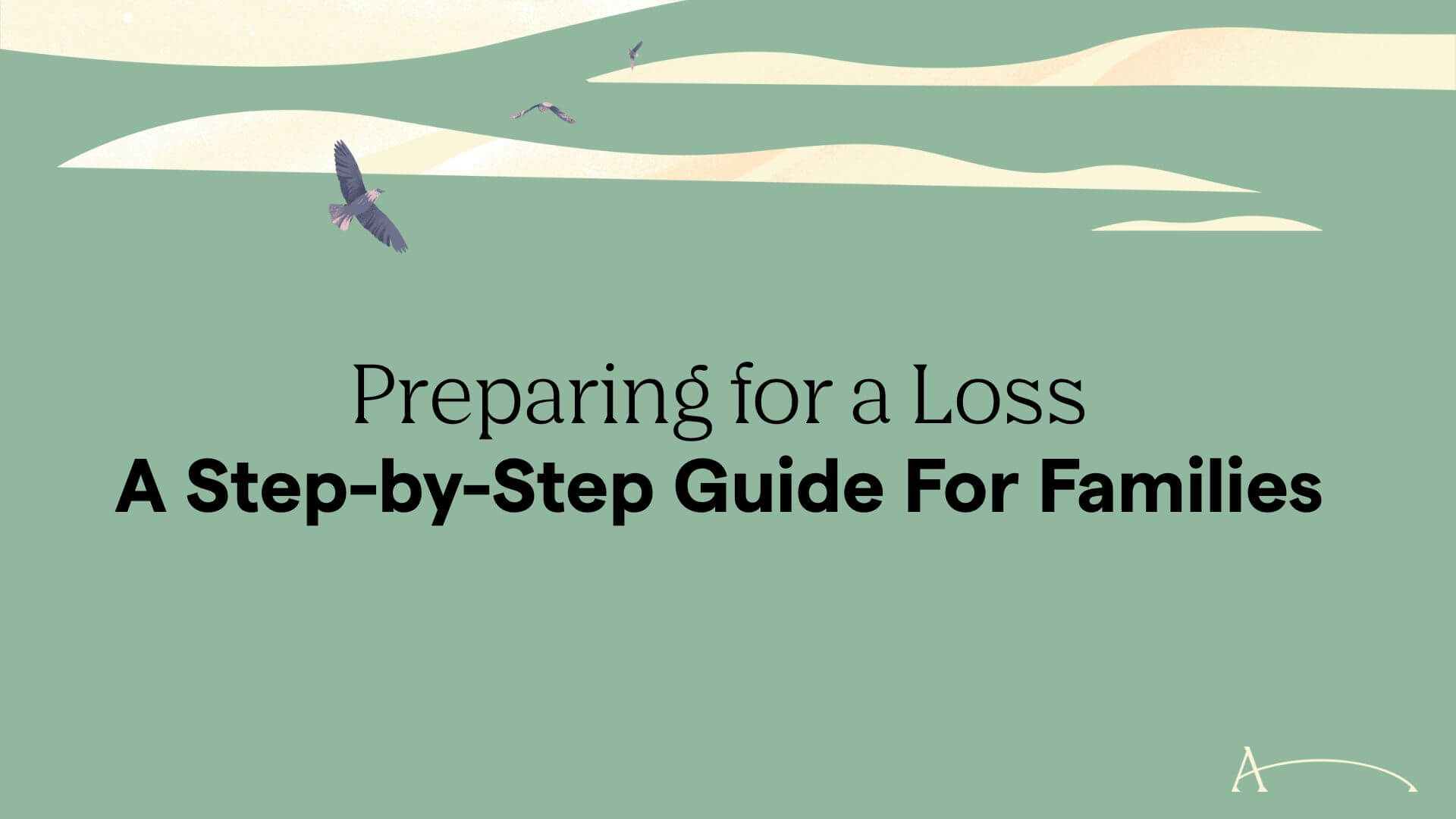
It pays to plan ahead
Preplan your own funeral arrangement online in minutes
Arrange Immediate
Cremation Services
Cremation Services
Speak to our dedicated care specialists now
On average, there are 75+ decisions that must be made within 36 hours of a loved ones’ passing. One of the most immediate decisions that must be made is determining whether to cremate or bury their body.
Until recent years, burial has been the go-to option for most people. But, today, many shun it because this option has numerous drawbacks, the most prominent being high costs, adverse environmental effects, and land scarcity.
On the contrary, the affordability and convenience associated with cremation make it an increasingly popular alternative.
However, before choosing burial or cremation and preplanning a funeral, you must analyze the pros and cons of each option. We have compiled a detailed comparison of cremation versus burial to help you make an informed decision that’s right for you.
Cremation
Cremation is a final disposition technique that involves introducing the deceased individual to extreme heat in order to reduce the remains to an ash-like consistency. The ashes are later transferred to an urn or temporary container. You can learn more about the cremation process in our article, How Does the Cremation Process Work?
Here are some of the pros and cons of cremation:
Pros
- It's affordable
Cremation's popularity has risen significantly over the years, and you can expect the trend to continue. According to statistics, by 2040, approximately 4 out of 5 Americans will choose cremation versus burial.
One of the reasons for this trend is affordability. If the question "how much is cremation?" makes you restless, here's a simple answer: it is less expensive than burial. Cremation eliminates the cost of embalming, buying a casket, organizing an interment, paying for a monument or headstone, purchasing a cemetery plot, and more, making it a much more affordable option.
While the average funeral in the United States costs $7,848, our cremation expenses can be lower than $1000 by providing everything you need, and nothing you don’t.
- It's flexible
Rather than worrying about a body whose storage, embalming, and preparation fees can be costly, cremations enable you to keep your loved ones' ashes for as long as necessary. And, you get to plan for any pertinent events such as a memorial, celebration of life, or scattering without rushing and denying distant relatives the opportunity to pay their final respects.
Burial also has an emotional toll on many people since it requires you to prepare and preserve the body. But you can avoid this issue, easily store the ashes, save resources, and enjoy peace of mind by choosing cremation.
- It makes convening more convenient
With more and more families dispersed across the globe, planning a traditional burial service can be difficult. A funeral makes it necessary for family members to travel to locations that may be out of their way on short notice, which is often both expensive and inconvenient.
With cremation, you can easily pick a strategic rendezvous point to meet and carry on with the funeral since the ashes are portable–you can even take cremated remains on an airplane as a carry-on item, or choose to have them shipped. Portability cuts costs and lets you agree with other family members on where to converge or perform the final rites at a time and place that is convenient for everyone.
- It offers unlimited resting places for the deceased
After cremation, with the agreement of every family member, you can lay the dead to rest anywhere by simply scattering the ashes. There are numerous ideal places for scattering a loved one's ashes, including the beach, at sea, or on private property. The ability to put the deceased to rest in most of these free places (like in oceans) helps you cut down cemetery expenses. You also get a chance to revisit these places anytime and pay your respects.
If you would like a more permanent resting place for your loved one, cremation gardens and columbariums are becoming more and more popular. Cremation gardens are similar to a traditional cemetery, with plots and storage specifically designed for cremated remains to be placed at rest. Alternatively, many traditional cemeteries will also offer cemetery plots for purchase in order to interr the cremated remains of a loved one.
Cremation also offers the opportunity to think outside the box when it comes to an afterlife celebration. Consider one of these creative options for what to do with cremated remains.
Cons
- Cremation services aren't available everywhere
Since burial was the most common practice in the past, most funeral homes lack the right equipment for cremation. Although funeral homes are gradually adopting this solution, you may have to do some research to arrive at one that provides cremation services.
- Some people prefer traditional burial
Some people are set on traditional burial, simply because that’s what “has always been done.” While most religions embrace the practice of cremation, there are still those who discourage it. Wondering if your religion allows cremation? Read this article to find out.
Burial
Burial means placing a dead body in a tomb or grave. Some people call it inhumation or interment. This process has a rich history since the oldest burial known to man occurred approximately 130,000 years ago. But that doesn't make it a perfect option. Let's see why that is so by reviewing some of its pros and cons.
Pros
- It's highly acknowledged
Because burial has been the traditionally practiced method of disposition for many years, there’s less likely to be opposition to the practice.
- It provides a concrete memorial
Burial enables you to have a place to visit and remember the deceased. Having a final resting place to refer to or visit can offer considerable comfort to those who are grieving.
You may also have a headstone indicating essential details of the deceased after burying them. That is extremely important to the survivors and progenies who may want to know more about their deceased relatives and their genealogy.
Cons
- It's more expensive
The cost of burial can be several times higher than that of cremation. These final expenses soar when you incorporate extra activities such as the funeral service, graveside service, luncheon, flowers, etc.
In addition, a burial requires you to pay for the plot and the coffin and compensate the gravediggers. You also have to pay for the transportation of both the family and the body, as well as the expenses at the cemetery for the plot, headstone, and maintenance of the grave site.
- It's subject to cemetery restrictions
Burial subjects you to an array of limitations at the cemeteries. Some rules touch on the type of monument, visiting hours, flowers, and even the use of cameras. These restrictions may be upsetting, especially to emotional relatives, since they'd deny them time and space to mourn sufficiently.
- It hinders portability
When the family decides on changing their location, it's challenging to transfer a gravesite. And the inability to move a gravesite makes it difficult to consider moving for work or school because it hinders the urge to keep the deceased close.
- It's harmful to the environment
Buried bodies release methane, which is poisonous. Also, coffins contribute to deforestation since builders cut down trees and use the materials to build them. In fact, according to a recent study, burial's overall long-term impact on the environment is 10% higher than that of cremation.
Choosing the Option That’s Best for You
When comparing cremation vs. burial for your loved one, the decision is a very personal choice that comes down to your unique situation and needs.
If you decide cremation is right for you and your loved one, After.com offers affordable cremation services and prepaid cremation plans for families in Arizona and Utah. Contact us today to request a free consultation.
The After Care Team
Published Date:
May 4, 2022













%20(1).jpg)

.png)
.png)
%20(1).jpg)

